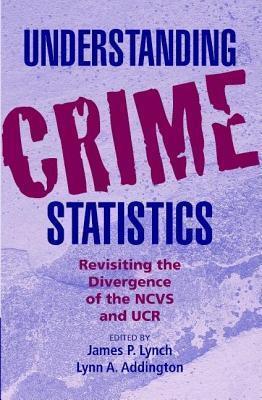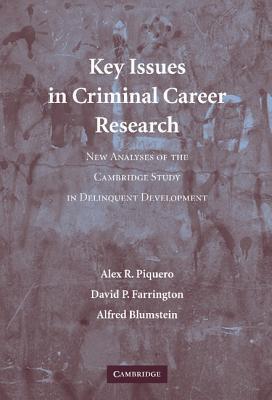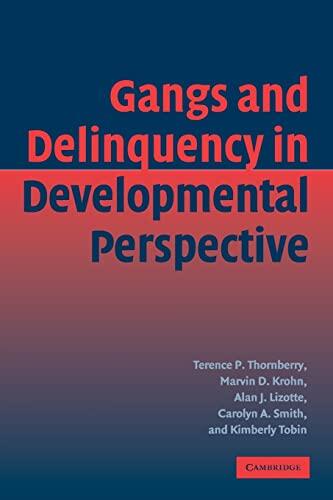
Early Prevention of Adult Antisocial Behaviour
لا توجد تقييمات بعد
تنسيق
غلاف صلب
صفحات
396
لغة
الإنجليزية
منشور
Jun 16, 2003
الناشر
Cambridge University Press
رقم ISBN-10
0521651948
رقم ISBN-13
9780521651943
الوصف
David P. Farrington and Jeremy W. Coid delve into the complex issue of preventing antisocial behavior from its very roots. They explore the critical period of pregnancy and early childhood, emphasizing the importance of interventions during these formative years. The authors meticulously compile evidence-based strategies aimed at reducing the risk factors associated with later antisocial behavior in adulthood.
Through a detailed analysis, the book discusses various programs that target expectant mothers and families with young children. It highlights the need for a multi-faceted approach, drawing from disciplines such as psychology, sociology, and public health. The insights provided serve as a guide for practitioners and policymakers interested in fostering healthier social environments for future generations.
Moreover, the authors underscore the significance of community involvement and support systems in implementing these prevention programs. By addressing the underlying causes of antisocial tendencies, they advocate for a more proactive stance rather than reactive measures once behaviors manifest.
Farrington and Coid’s work is both informative and thought-provoking, encouraging readers to consider the long-term societal benefits of early intervention and the potential for nurturing more positive behaviors within individuals and communities.
Through a detailed analysis, the book discusses various programs that target expectant mothers and families with young children. It highlights the need for a multi-faceted approach, drawing from disciplines such as psychology, sociology, and public health. The insights provided serve as a guide for practitioners and policymakers interested in fostering healthier social environments for future generations.
Moreover, the authors underscore the significance of community involvement and support systems in implementing these prevention programs. By addressing the underlying causes of antisocial tendencies, they advocate for a more proactive stance rather than reactive measures once behaviors manifest.
Farrington and Coid’s work is both informative and thought-provoking, encouraging readers to consider the long-term societal benefits of early intervention and the potential for nurturing more positive behaviors within individuals and communities.



















